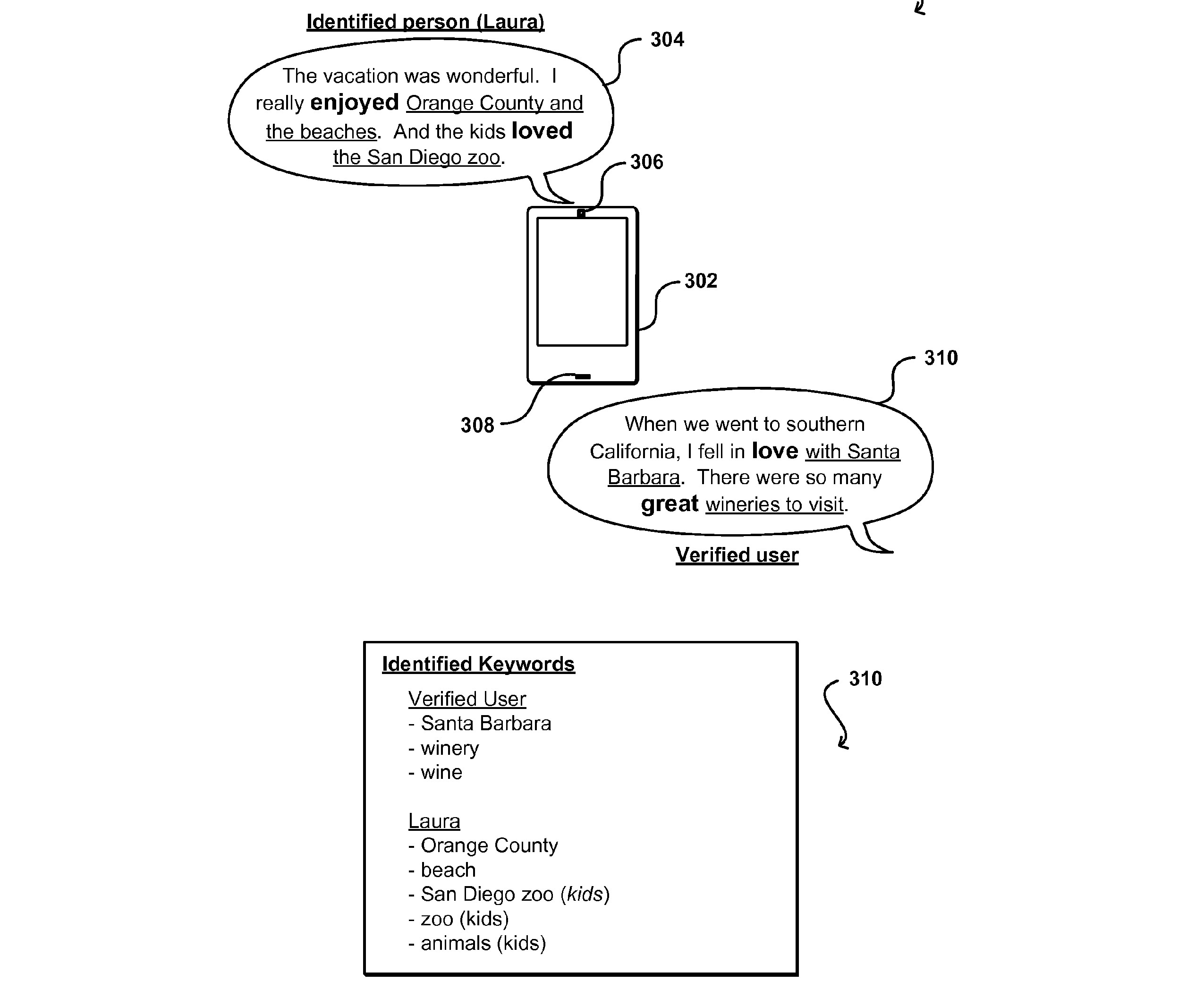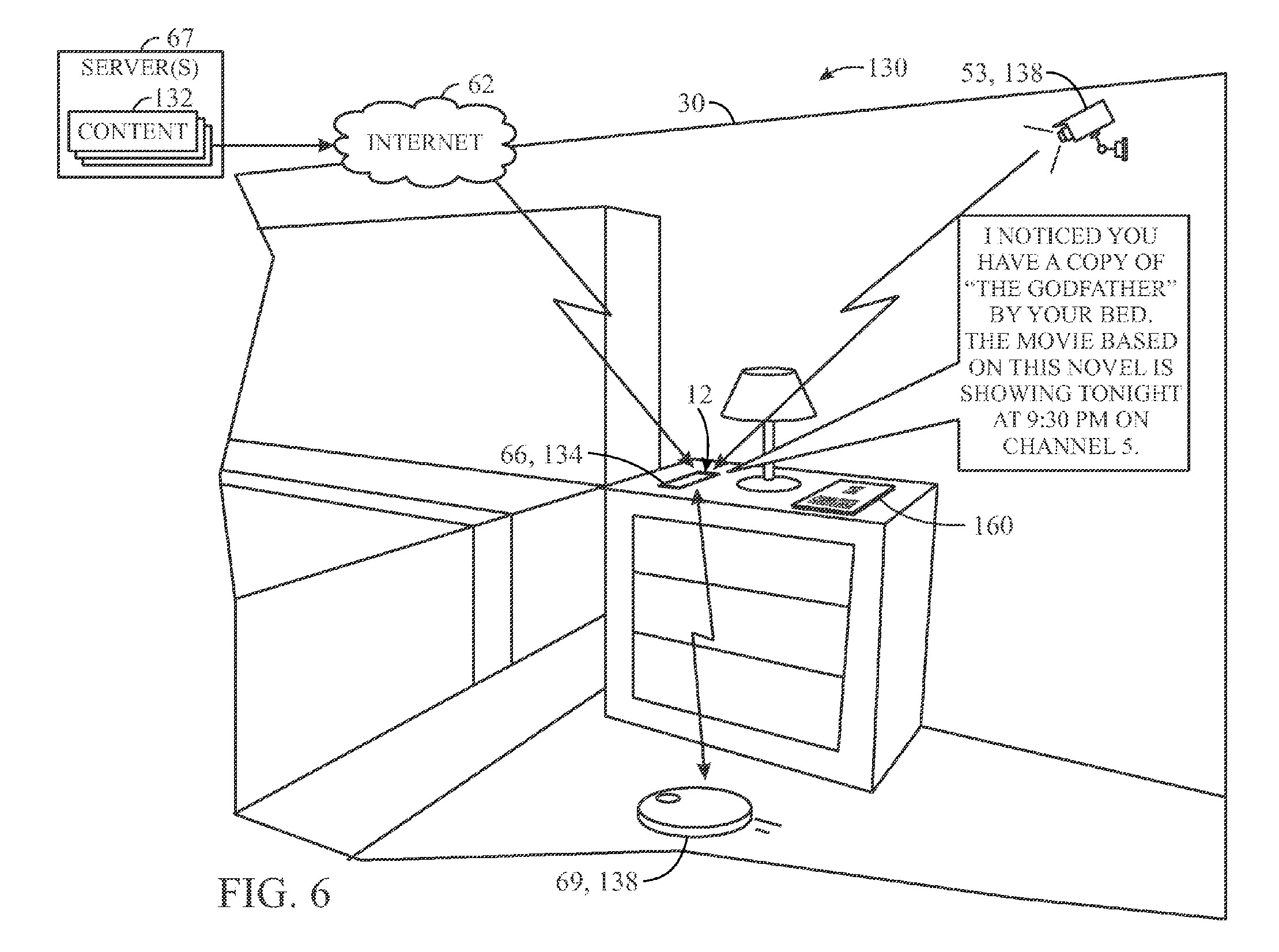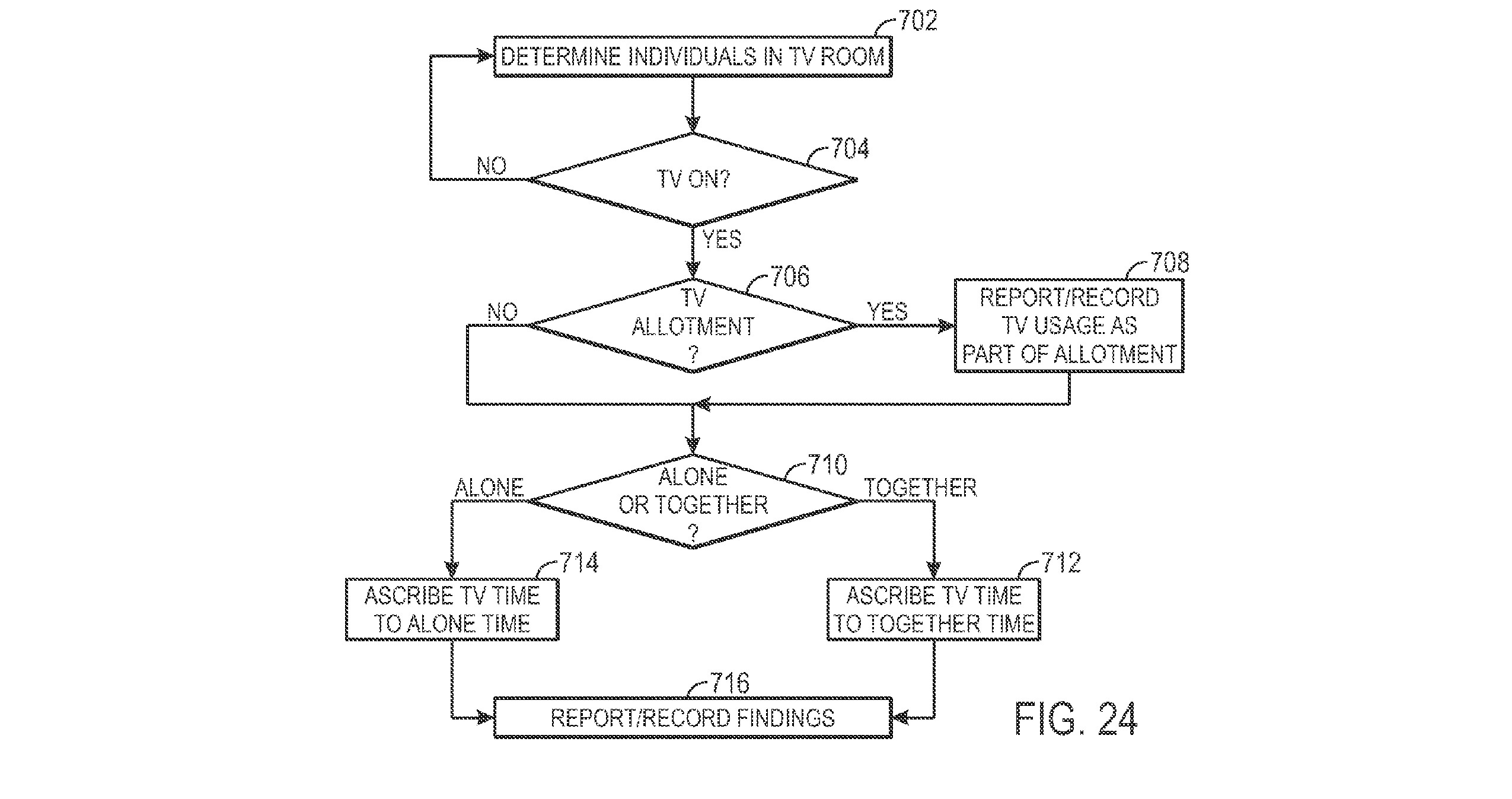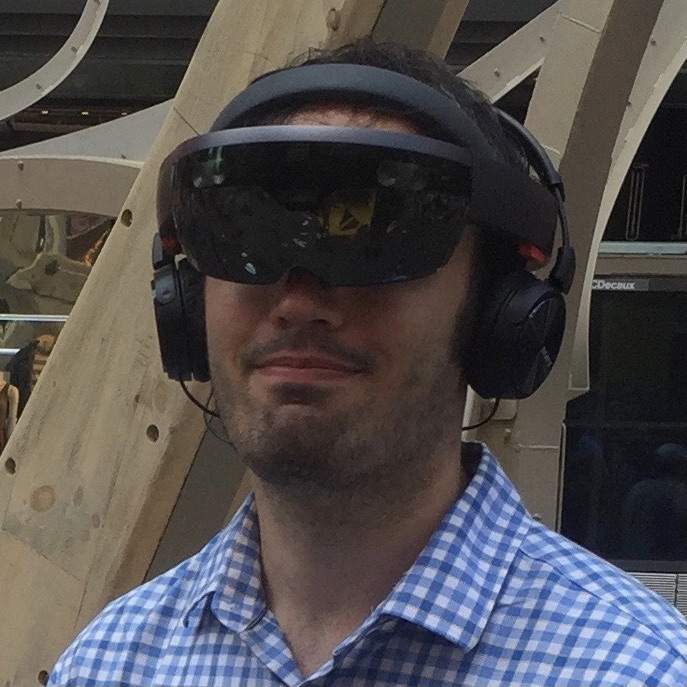Amazon Echo and Google Home patents show the power they have to compromise your privacy
Potential problematic privacy violations

Smart speakers like the Amazon Echo and Google Home always listen to everything we say; but until they hear trigger phrases like “Hey Google”, they aren’t supposed to record or respond, preserving our sense of privacy.
But patents recently uncovered by the New York Times show that Amazon and Google developed and patented tech that could have smart speakers or smart home devices capture intimate details of people’s lives in order to develop advertising profiles for their customers.
Amazon’s patent, titled “Keyword determinations from conversational data”, would have your Echo use “voice sniffer algorithms” to listen for trigger phrases indicating your interest in a potential product. They would then record and analyze that data for your personal interests, and then sell that data to “advertisers or content providers” for personalized ads.

So if you told your friend over the phone that “I love to ski” or “my mother loves crossword puzzles”, you would then find ads for a ski resort or gift ideas on your browser.
Amazon vehemently insisted that it does “not use customers’ voice recordings for targeted advertising”, and that this patent was submitted years ago while they were still “explor[ing] the full possibilities of new technology”.
Google, meanwhile, patented technology to employ its Nest smart home devices to literally capture images and video of your house for advertising purposes, compiling profiles of your family members “to ascertain gender, age, fashion-taste, style, mood, known languages, preferred activities, and so forth” for each person.
In one example, a smart device would notice a shirt with Will Smith’s face on your floor, triggering it to search your browser history for Will Smith. Google Home might then say, “You seem to like Will Smith. His new movie is playing in a theater near you.”
Get daily insight, inspiration and deals in your inbox
Sign up for breaking news, reviews, opinion, top tech deals, and more.

A second Google patent put forward a number of other ways that your Nest security devices could study and profile users in the name of protection. For example, Google’s smart home could use sensors and audio monitoring to determine if a child is home alone, then keep the front door’s smart lock bolted until an adult gets home.
Google even suggested they could monitor people’s “habits” and “emotional states”, or predict through audio recordings if children are up to “mischief”. They would profile everything from “how often a household eats together” to the probability that someone has Alzheimer’s disease.

Like Amazon, Google insisted that their Google Home devices did not invade user privacy, and that “Prospective product announcements should not necessarily be inferred from our patent applications”.
Trusting tech in a post-Cambridge Analytica world
It’s relatively safe to say that Amazon and Google haven’t implemented most, if not all, of these patent ideas, at least as of now. Many of the ideas above are absurdly invasive, and are more likely to get users to smash their smart devices with a hammer than to buy Independence Day on Blu-ray.
Amazon Echo and Google Home have lights that indicate when you’re being recorded, and smart speaker owners can check out Amazon’s and Google’s recording pages at any time to delete any data the tech giants have on them. When defective Google Home Minis started recording everything users said, Google swiftly resolved the issue.
Nevertheless, these patents are an excellent reminder of the power smart devices have to compile personal profiles on users, profiles that can be used for political or monetary gain.
The Cambridge Analytica-Facebook scandal shows that worldwide governments are increasingly concerned about how much data is being compiled about us by tech companies, and who those companies give that data to for profit.
Like Facebook, Amazon and Google sometimes provide information to third parties about their users. The Times report pointed out that Amazon and Google may not share recordings with third-parties, but that Amazon will provide some requested user data like ZIP codes to Alexa Skills partners, and that Google will sometimes provide transcripts of users’ audio recordings to third parties.
Even if these companies don’t sell our data or monitor our movements intentionally, their smart home devices can be vulnerable to hacking. A security company hacked Amazon Echos to secretly record users, 24/7, without any trigger words. And smart home devices, like the Amazon Key have been foind to be easy to compromise.
The fact that Facebook has delayed its smart speaker reveal shows that people won’t trust them with their private data. Whether or not Amazon and Google will be able to maintain users’ trust and avoid their own privacy scandals in the future remains to be seen.
Michael Hicks began his freelance writing career with TechRadar in 2016, covering emerging tech like VR and self-driving cars. Nowadays, he works as a staff editor for Android Central, but still writes occasional TR reviews, how-tos and explainers on phones, tablets, smart home devices, and other tech.
